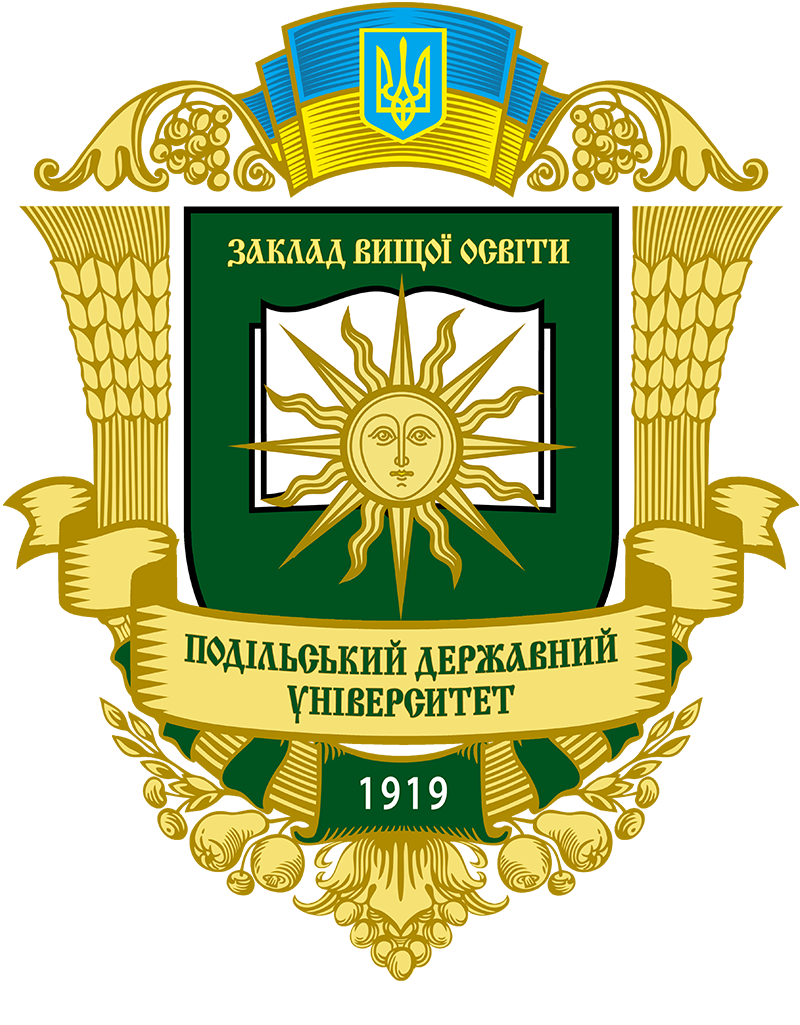TROPIC-FIGURATIVE REFLECTION OF THE CONCEPT OF “WAR” IN THE UKRAINIAN-LANGUAGE MEDIA DISCOURSE AND ITS REPRODUCTION IN ENGLISH
DOI:
https://doi.org/10.37406/2521-6449/2024-2-4Keywords:
concept, war, trope, figure, mass media, translationAbstract
The article examines the tropic and figurative representation of the concept of «war» in the Ukrainian-language mass media discourse and the peculiarities of its translation in English. The results of the study indicate the widespread use of various linguistic means for the implementation of this concept in the media environment. Particular attention was paid to the study of lexical items used to denote aspects of war, such as weapons, military ranks, names of military units, battle tactics, and military equipment. It is noted that the lexeme "war" as a means of verbalizing the concept of the same name has wide combinatory possibilities, or potentials. The specified cognitive features of the concept are objectified by lexical units that are used both in a direct, nuclear, and in a figurative, peripheral meaning, which is expressed through metonymic transfers. It is noted that the tropic-figurative representation of the concept of «war» in the Ukrainian-language mass media discourse occurs through the use of various stylistic means, such as metaphors, allegories, metonymies, and idioms. This allows us to enrich the linguistic image of war and emphasize its complexity and multifacetedness. During the research, it was noted that both Ukrainian and English mass media discourses use similar terms and expressions to describe war events and actions of military forces. However, they may have their differences in detail and emotional coloring, reflecting different cultural and historical contexts. The most frequent strategy of reproducing the concept of «war» in English is an equivalent translation, somewhat less often there are cases of using modulation, decompression, concretization, generalization, compensation. The predominance of the use of equivalent translation among strategies for reproducing the concept of «war» revealed in the Ukrainian media in English, in our opinion, indicates that in the English conceptual sphere there are mainly full equivalents of the leading components of this concept in the Ukrainian language, which makes it possible to use full alternative answers.
References
Дем’янчук Ю.І. Методи виділення колокацій із військових термінологічних сполучень НАТО. Наукові записки Бердянського державного педагогічного університету. 2016. Вип. 10. С. 33–38.
Зарницький А.В. Вербалізація збройного конфлікту в англомовному медіа дискурсі. Науковий вісник Міжнародного гуманітарного університету. 2018. Вип. 33(2). С. 45–47.
Українська правда : веб-сайт. URL: https://www.pravda.com.ua/ (дата звернення: 20.10.2024).
Harcourt Brace Jovanovich. Essays in Stylistic Analysis / Babb H. (ed.). 1972.
Fauconnier G., Turner M. Conceptual Integration and Formal Expression. Journal of Metaphor and Symbolic Activity. 1995. № 10(3). Р. 183–204.
Glucksberg S., Keysar. How metaphors work. Cambridge University Press, 1993.
Hugh D. Symbols and Social Theory. Oxford Press, 2009.
Lakoff G., Johnson M. Metaphors we live by. University of Chicago Press, 2003.
Pierini P. Simile in English: from description to translation. Circulo de lingüística aplicada a la comunica ción. 2007. № 29. Р. 27–43.
Wilson N. L., Gibbs R. W. Real and imagined body movement primes metaphor comprehension. Cognitive Science. 2007. № 31. Р. 721–731.








